The Queen’s Speech to Parliament – what to expect and what bills will be discussed
The speech will set out forthcoming priorities for the Government.
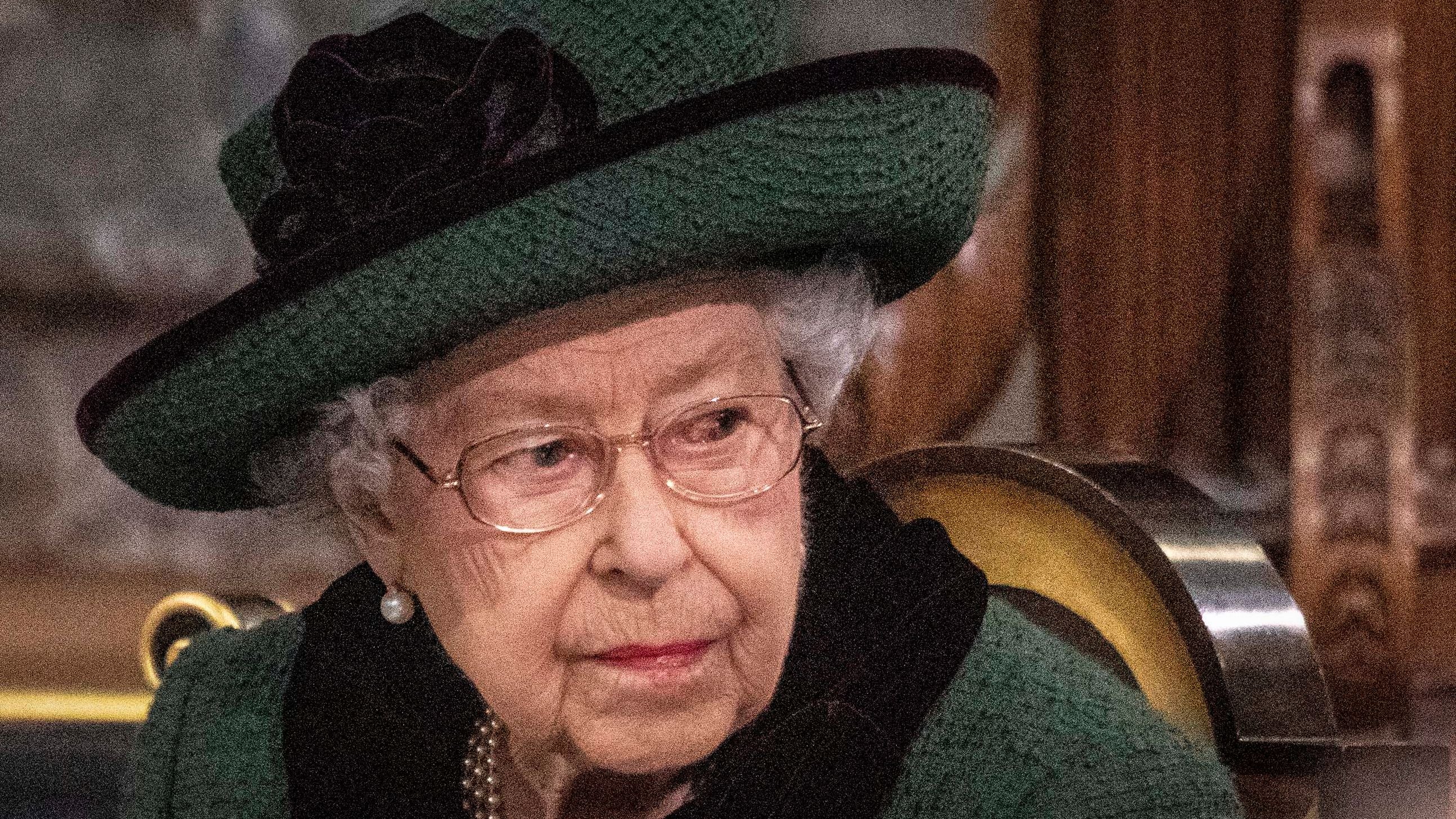
Your support helps us to tell the story
From reproductive rights to climate change to Big Tech, The Independent is on the ground when the story is developing. Whether it's investigating the financials of Elon Musk's pro-Trump PAC or producing our latest documentary, 'The A Word', which shines a light on the American women fighting for reproductive rights, we know how important it is to parse out the facts from the messaging.
At such a critical moment in US history, we need reporters on the ground. Your donation allows us to keep sending journalists to speak to both sides of the story.
The Independent is trusted by Americans across the entire political spectrum. And unlike many other quality news outlets, we choose not to lock Americans out of our reporting and analysis with paywalls. We believe quality journalism should be available to everyone, paid for by those who can afford it.
Your support makes all the difference.The Government will set out its plans for new laws in a speech delivered by the Queen to MPs and peers this week.
On Tuesday, the Prince of Wales, on behalf of the Queen, will read the agenda-setting speech as part of the formal state opening of Parliament.
Here is everything you need to know about the nature of the speech and what it is likely to include.
– What is the Queen’s Speech?
The speech is written by ministers and details the Government’s plans for new laws.
It is due to be read in the House of Lords as part of the ceremonial opening of Parliament.
Buckingham Palace said on Monday that Charles will carry out the duty on behalf of the Queen.
He will be accompanied by the Duke of Cambridge.
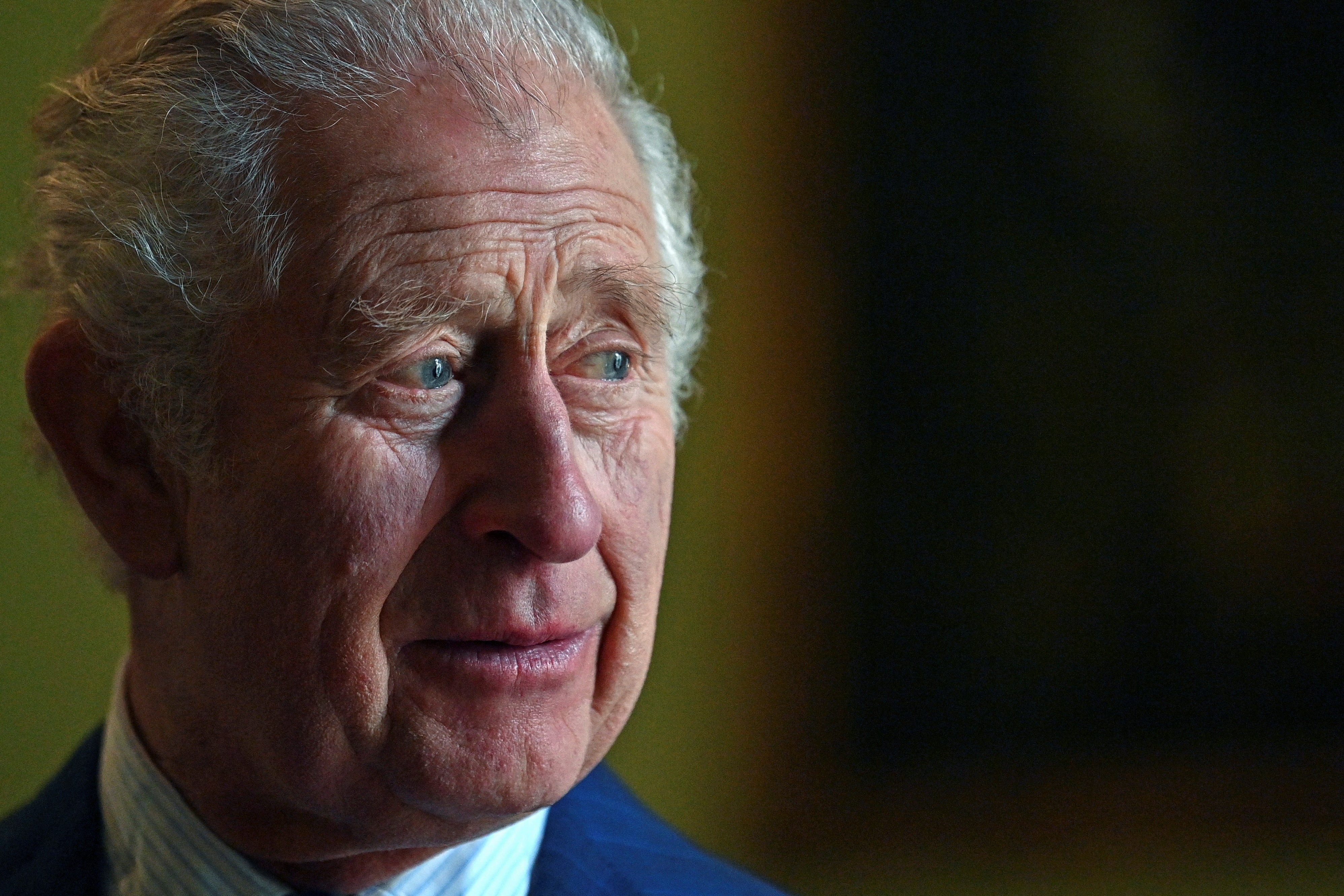
– What will be in the Speech?
Northern Ireland
The Government is expected to use the speech to bring forward changes to Northern Ireland’s post-Brexit trading arrangements.
However, Deputy Prime Minister Dominic Raab refused on Sunday to say whether new measures would be included.
“What we’re going to be focusing on this week is what our plans are to drive up the economy, protect the cost of living,” Mr Raab told Sky News.
He added: “We’re going to be talking about reforming the agricultural sector, innovation to create cheaper, healthier food.
“We’re going to be talking about areas where Britain has a real comparative advantage, tech, financial services.”
Reports of proposed changes come as the Government grapples with the implications of Sinn Fein’s success in the Stormont Assembly elections.
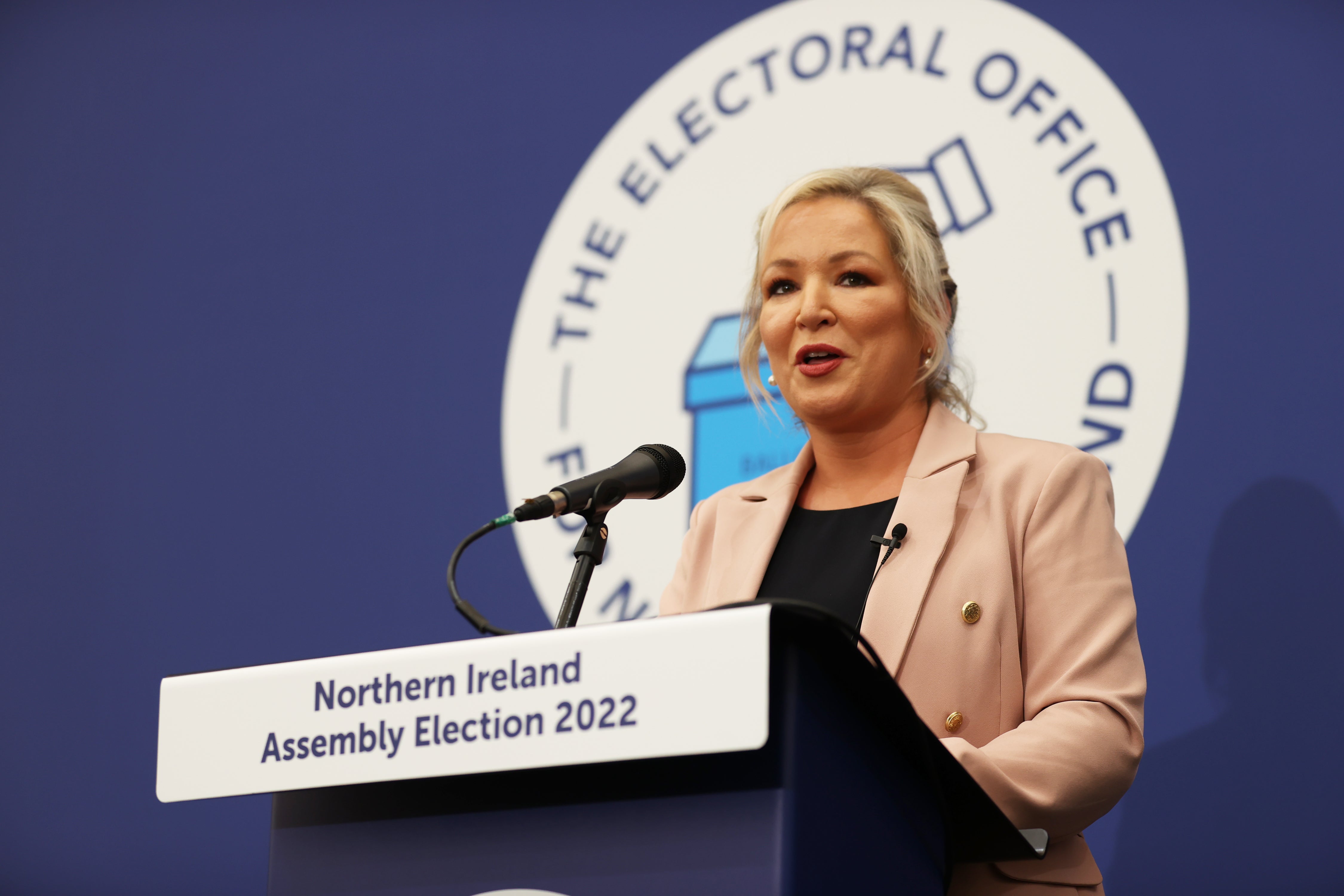
Brexit freedoms
The Prime Minister has also said he has plans for a “super seven” set of Bills aimed at changing laws the UK inherited from the EU.
According to the Sunday Express, a new Brexit Freedoms Bill will aim to cut EU regulatory “red tape” which remains in UK law after leaving the trading bloc.
A coming Procurement Bill is reportedly aimed at giving small and medium sized businesses a better opportunity to compete for Government contracts, and there are also plans to boost animal welfare and crack down on puppy smuggling.
However, the Times has reported that plans to ban imports of foie gras and fur clothing to the UK have been scrapped from the speech, in an attempt by Boris Johnson to shore up support from the Conservative right wing.
Bill of Rights
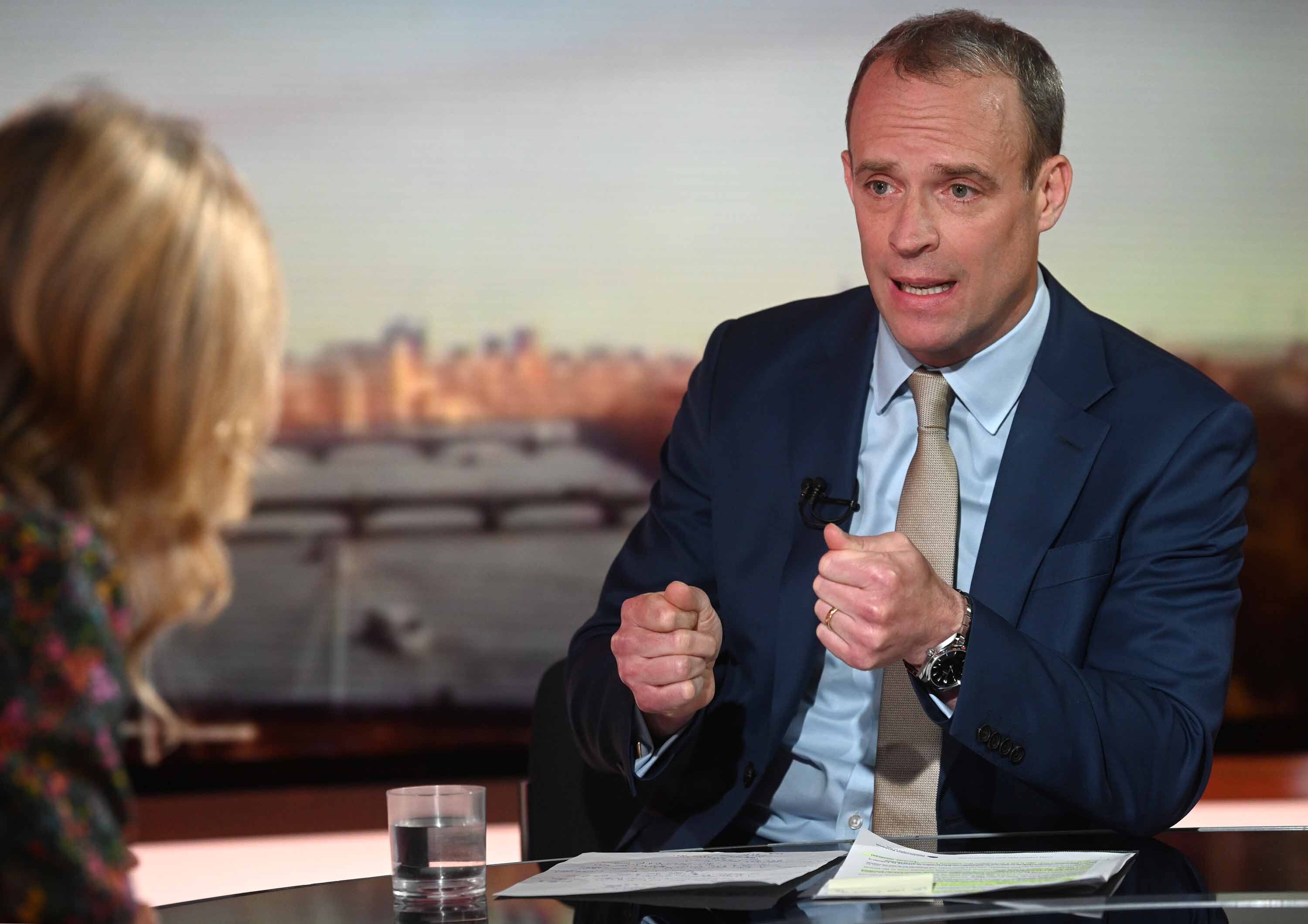
Mr Raab has indicated the Government wants to replace the Human Rights Act with a British Bill of Rights.
The Justice Secretary told LBC that a new Bill of Rights would result in “less shifting of the goalposts, less elastic interpretations of human rights”, adding that people find the current law “frustrating in the context of deporting foreign national offenders”.
The Human Rights Act put the European Convention on Human Rights into domestic law, but it has been criticised by successive Tory administrations over the way it has been interpreted.
Education
Ministers will crack down on truancy, beef up the powers of education watchdogs and reform the funding system in new legislation to create “a school system that works for every child”.
Under plans in the Schools Bill, England’s schools would be required to publish an attendance policy and there will be compulsory registers for children who are not in classrooms so the authorities can identify who is not receiving a full-time education.
The measures will ensure pupils benefit from “every possible hour in the classroom”, Education Secretary Nadhim Zahawi said.
Levelling up
A Levelling Up and Regeneration Bill is expected to give local leaders new powers to rejuvenate high streets, by forcing landlords to rent out empty shop units.
Communities Secretary Michael Gove said: “By empowering local communities to rent out shops which have been sat empty for a year or longer, we will end the scourge of boarded up shops that have blighted some of our great towns across the country for far too long.”
Privatisation of Channel 4
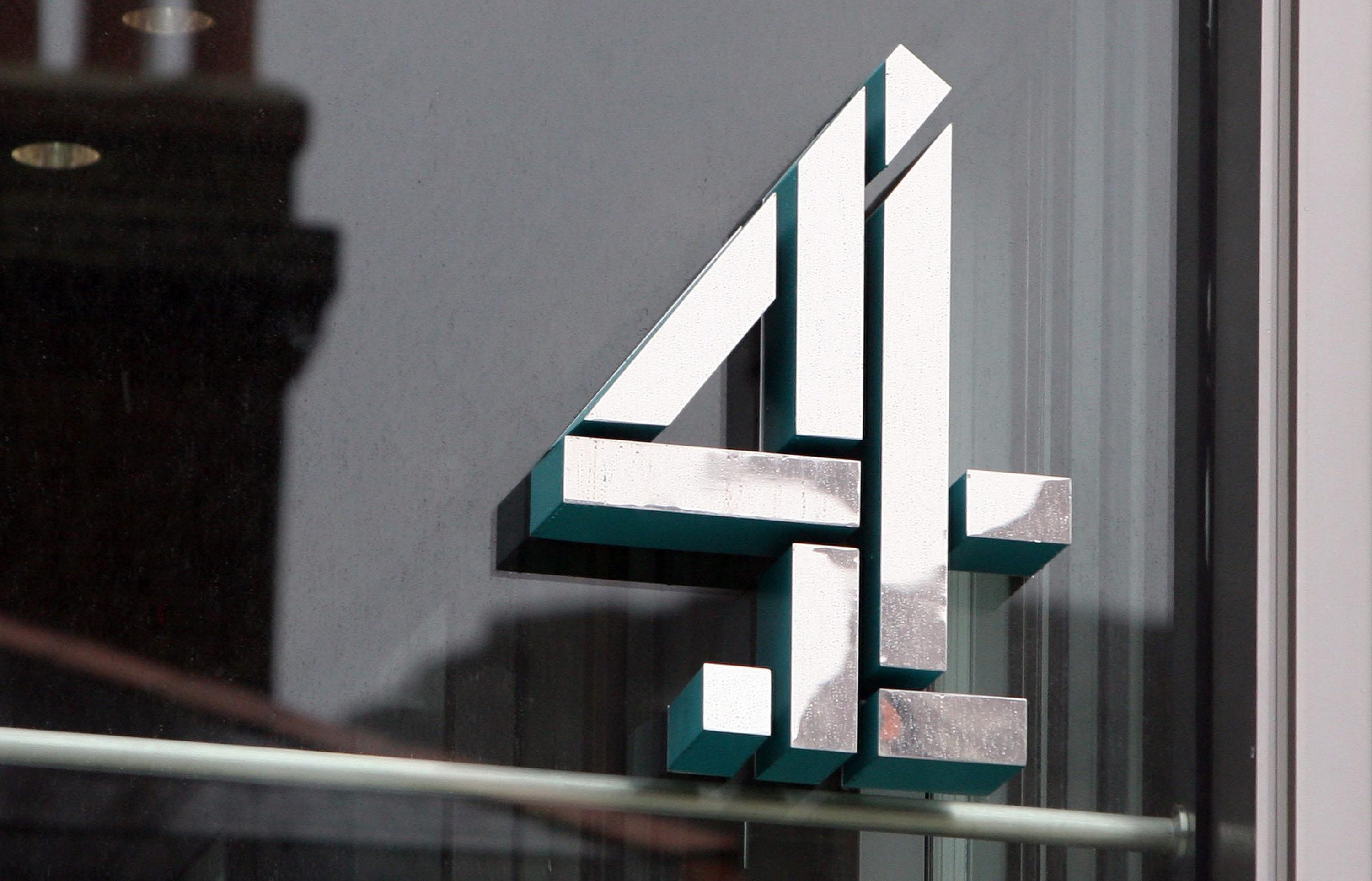
Plans to privatise Channel 4, announced in April, are part of a wider series of reforms proposed for the UK’s broadcasting landscape.
Carried-over Bills
The Government has also carried over legislation it did not finish in the previous session of Parliament.
This includes the Higher Education (Freedom of Speech) Bill aimed at preventing curbs on free speech in universities, the Animal Welfare (Kept Animals) Bill, and the Online Safety Bill, a long-awaited piece of legislation aimed at preventing cyberflashing and online stalking, among other online harms.
– What is not expected in the speech?
It is unclear whether more powers for a watchdog to regulate tech giants like Facebook and Google and drive competition in the sector will be in the speech.
An employment bill aimed at the right to flexible work is also reported to have been dropped, according to the Financial Times.
A bill to reform the planning system in England is also unlikely to be included, after a backlash from Conservative MPs in southern constituencies.